 Central Sun II
Central Sun II
Peryt Shou
This volume brings together two integral works by the Ariosopher known as Peryt Shou. The Guardian at the Gate is a treatise on the coming paradigm shift to a new world-age described in ancient mythological sources and perceptible by those attuned to its energetic frequency. In the author’s words: “The aim of this paper was to show that a supra-personal archetypal vision has determined the basic structure of the living soul from the very beginning.” Concentration and Will is a practical application of the metaphysical principles outlined in the previous work that focuses on the development of willpower through meditation on the Logos with the intent of aligning our energetic vibrations to those of the world at large. This is an unfinished advance copy.
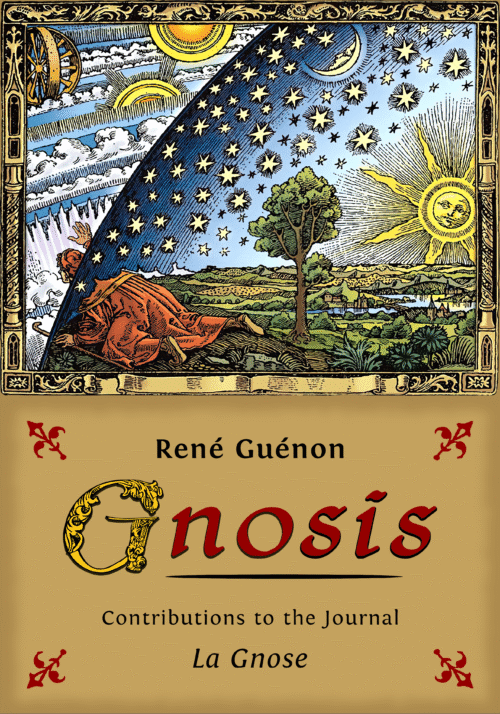 Gnosis
Gnosis
 Zenith of Humanity
Zenith of Humanity
 Folktale Readings
Folktale Readings
 The Astrological Record of the Early Sages
The Astrological Record of the Early Sages
 Rune Practice
Rune Practice
 The Ur Group
The Ur Group
 Ario-Hermetic Rune Magic
Ario-Hermetic Rune Magic
 The Ur Group
The Ur Group
 Ariosophic Kabbalism
Ariosophic Kabbalism
 The Archaeometer (Gnosis Edition)
The Archaeometer (Gnosis Edition)
 The Runic Year
The Runic Year
 Secret Symbols of the Rosicrucians
Secret Symbols of the Rosicrucians
 The Dimensions of Paradise
The Dimensions of Paradise
 The Great Initiates
The Great Initiates
 The Dictionary of Gnosis
The Dictionary of Gnosis
 Liber Hermetis
Liber Hermetis
 Rune Magic
Rune Magic
 Introduction to the Hermetic Sciences
Introduction to the Hermetic Sciences
 The Light of Egypt
The Light of Egypt
 Esoteric Teachings of the Tibetan Tantra
Esoteric Teachings of the Tibetan Tantra
 The Canon
The Canon
 Initiation and Spiritual Realization
Initiation and Spiritual Realization
 Fundamental Symbols
Fundamental Symbols
 Gothic Kabbalah and Runic Alchemy
Gothic Kabbalah and Runic Alchemy
 The Practice of Ancient Turkish Freemasonry
The Practice of Ancient Turkish Freemasonry
 The Archaeometer
The Archaeometer
 Adulruna
Adulruna
 Essential Readings
Essential Readings
 Rosicrucianism
Rosicrucianism
 A System of Caucasian Yoga
A System of Caucasian Yoga
 The Destruction of Freemasonry
The Destruction of Freemasonry
 Ariosophia II
Ariosophia II
 The Gnostics and Their Remains
The Gnostics and Their Remains
 The Hermetic Museum
The Hermetic Museum
 Collectanea Hermetica
Collectanea Hermetica
 The Lightning and the Sun
The Lightning and the Sun
 The Hermetic and Alchemical Writings of Paracelsus
The Hermetic and Alchemical Writings of Paracelsus
 Catharism
Catharism
 Tao te Ching
Tao te Ching
 Holy Rune Might
Holy Rune Might
 Ariosophia
Ariosophia
 The Hermetic Fragments
The Hermetic Fragments
 Fundamentals of Hyperborean Wisdom
Fundamentals of Hyperborean Wisdom
 Magic: History, Theory, Practice
Magic: History, Theory, Practice
 Central Sun
Central Sun
 The Essentials of Esoteric Hitlerism
The Essentials of Esoteric Hitlerism
 URRU: Thulean Polar Mythos
URRU: Thulean Polar Mythos
 The Zenith of Humanity
The Zenith of Humanity
 Theozoology
Theozoology
 The Secret of the Runes
The Secret of the Runes
 Origins
Origins
 Fascism as a European Phenomenon
Fascism as a European Phenomenon
 The Indo-Europeans
The Indo-Europeans
 Letters to Roeckel
Letters to Roeckel
 Letters
Letters
 Nature as Teacher
Nature as Teacher
 The Gods of the Egyptians
The Gods of the Egyptians
 The Path of the German Farmer
The Path of the German Farmer
 On Blood and Soil
On Blood and Soil
 The Sun Gate of Tihuanaco
The Sun Gate of Tihuanaco
 Man and Technics
Man and Technics
 The History of the Concept of Time
The History of the Concept of Time
 Archaic Roman Religion
Archaic Roman Religion
 Zalmoxis: The Vanishing God
Zalmoxis: The Vanishing God
 Seven Years in Tibet
Seven Years in Tibet
 Cybele and Attis
Cybele and Attis
 Sparta
Sparta
 Ukrainian Folktales
Ukrainian Folktales
 The Invisible Radiations of Organisms
The Invisible Radiations of Organisms
 The Last Notebooks
The Last Notebooks
 Basic Concepts of Ancient Philosophy
Basic Concepts of Ancient Philosophy
 The Revolt Against Civilization
The Revolt Against Civilization
 Collected Writings
Collected Writings
 The Path of Cinnabar
The Path of Cinnabar
 The Path of Enlightenment in the Mithraic Mysteries
The Path of Enlightenment in the Mithraic Mysteries
 Meditations on the Peaks
Meditations on the Peaks
 Eastern Studies
Eastern Studies
 German Legal History and Thought
German Legal History and Thought
 The Problem of Loki
The Problem of Loki
 Letters
Letters
 Hungarizmus
Hungarizmus
 Hyperborea
Hyperborea
 Banking, Currency and the Money Trust
Banking, Currency and the Money Trust
 Hungarian Self-Defence
Hungarian Self-Defence
 The Book of Formulas
The Book of Formulas
 Articles
Articles
 Time and Eternity
Time and Eternity
 Heroes of Asgard
Heroes of Asgard
 Treatise on Astronomy
Treatise on Astronomy
 Tihuanaco: Cradle of American Man
Tihuanaco: Cradle of American Man
 Germania
Germania
 The Runic Library
The Runic Library
 The Ascent of Man
The Ascent of Man
 The Armanenship of the Ario-Germans
The Armanenship of the Ario-Germans
 The Sacred Proto-Writing of Mankind
The Sacred Proto-Writing of Mankind
 The Theory of the Absolute Individual
The Theory of the Absolute Individual
 A History of Roman Religion
A History of Roman Religion
 The Swastika: Earliest Known Symbol
The Swastika: Earliest Known Symbol
 Letters to Lucilius
Letters to Lucilius
 On Benefits
On Benefits
 Diamond Thunderbolt
Diamond Thunderbolt
 The Prince
The Prince
 Pagan Imperialism
Pagan Imperialism
 Parzival
Parzival
 On the Shortness of Life
On the Shortness of Life
 The Mythology of the Aryan Nations
The Mythology of the Aryan Nations
 Folklore and Legends of Scandinavia
Folklore and Legends of Scandinavia
 Gentile Folly: The Rothschilds
Gentile Folly: The Rothschilds
 The Enneads
The Enneads
 The Religion of the Northmen
The Religion of the Northmen
 The Reform of Education
The Reform of Education
 Early Greek Philosophy
Early Greek Philosophy
 The Will to Power
The Will to Power
 The Decline of the West
The Decline of the West
 The Theory of Mind as Pure Act
The Theory of Mind as Pure Act
 Shamanism in Norse Myth and Magic
Shamanism in Norse Myth and Magic
 Essays on Political Doctrine
Essays on Political Doctrine
 The Home of the Strong
The Home of the Strong
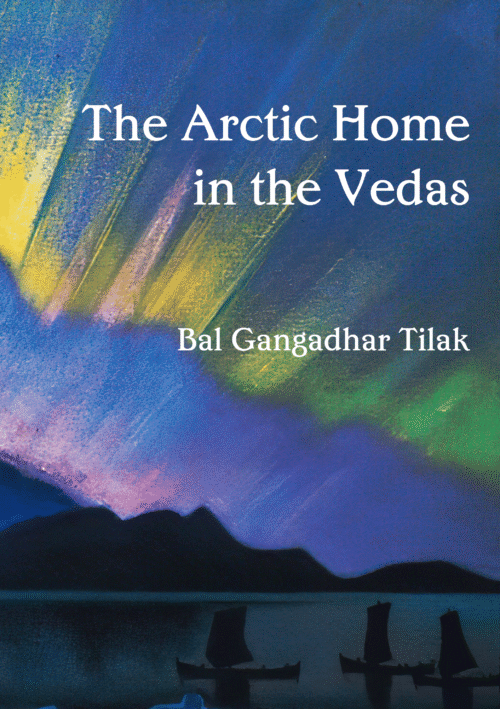 The Arctic Home in the Vedas
The Arctic Home in the Vedas
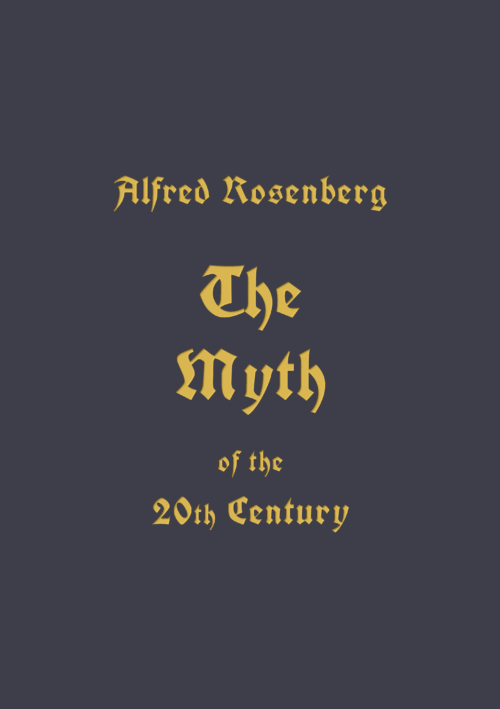 The Myth of the 20th Century
The Myth of the 20th Century
 The Face of Evening and Morning
The Face of Evening and Morning
 A Life of Action
A Life of Action
 Overcoming Judaism
Overcoming Judaism
 Baldur and Bible
Baldur and Bible
 The War Diaries
The War Diaries
 Cultural Marxism
Cultural Marxism
 Basic Ideas of National Socialist Cultural Policy
Basic Ideas of National Socialist Cultural Policy
 The Home Front
The Home Front
 Positive Christianity
Positive Christianity
 The Legacy of Our Ancestors
The Legacy of Our Ancestors
 The History of Anti-Semitism
The History of Anti-Semitism
 The Specious Origins of Liberalism
The Specious Origins of Liberalism
 The Might of the West
The Might of the West
 The True History of the American Revolution
The True History of the American Revolution
 Dreams in Old Norse Literature
Dreams in Old Norse Literature
 Reforging America
Reforging America
 A Brief Racial History of the German People
A Brief Racial History of the German People
 Ahnenerbe
Ahnenerbe
 Freemasonry and Judaism
Freemasonry and Judaism
 Lanz von Liebenfels and the New Templar Order
Lanz von Liebenfels and the New Templar Order
 Blood Passover
Blood Passover
 Magika Hiera
Magika Hiera
 Between the Worlds
Between the Worlds
 Apollonius of Tyana
Apollonius of Tyana
 Atlantis – The Mystery Unravelled
Atlantis – The Mystery Unravelled
 Rose Cross Over the Baltic
Rose Cross Over the Baltic
 Gold in the Furnace
Gold in the Furnace
 War as Inner Experience
War as Inner Experience
 Memoirs From Beyond the Grave
Memoirs From Beyond the Grave
 Ancient Egypt: The Light of the World
Ancient Egypt: The Light of the World
 Blood and Soil
Blood and Soil
 Germany’s Third Empire
Germany’s Third Empire
 Bolshevism from Moses to Lenin
Bolshevism from Moses to Lenin
 Origins and Doctrine of Fascism
Origins and Doctrine of Fascism
 Collected Writings
Collected Writings
 The Alexiad
The Alexiad
 Faith and Folk
Faith and Folk
 Before Hitler Came
Before Hitler Came
 The Racial Elements of European History
The Racial Elements of European History
 The Mystery of Hyperborea
The Mystery of Hyperborea
 Theurgy: On the Egyptian Mysteries
Theurgy: On the Egyptian Mysteries
 Atlantis, Edda and Bible
Atlantis, Edda and Bible
 Odal: The Life-Law of an Eternal Germany
Odal: The Life-Law of an Eternal Germany
 The Peasantry as Lifespring of the Nordic Race
The Peasantry as Lifespring of the Nordic Race
 The Religion of the Aryo-Germanic Folk
The Religion of the Aryo-Germanic Folk
 The Oera Linda Book
The Oera Linda Book
 Two Hundred Years Together
Two Hundred Years Together
 Germania: History of the Third Reich
Germania: History of the Third Reich
 The Aryans
The Aryans
 The Hour of Decision
The Hour of Decision
 Adam the Red Man
Adam the Red Man
 Dragonships on the Amazon
Dragonships on the Amazon
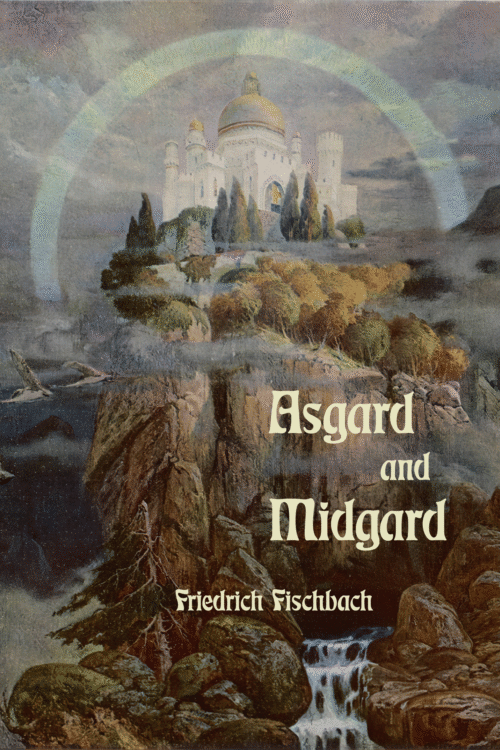 Asgard and Midgard
Asgard and Midgard
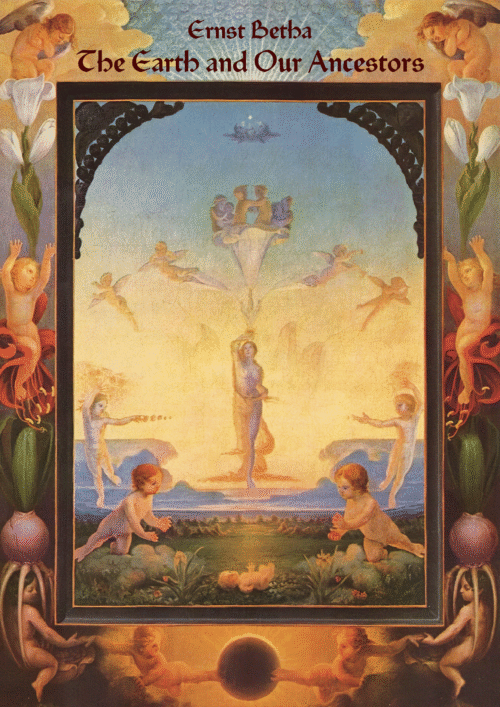 The Earth and Our Ancestors
The Earth and Our Ancestors
 Secret Fire
Secret Fire
 The Temple in Man
The Temple in Man
 Hyperborea
Hyperborea
 The Secret Language of German Folktales
The Secret Language of German Folktales
 Unpublished Writings
Unpublished Writings
 Essays on Mythology
Essays on Mythology
 The Warwolf
The Warwolf
 The Clansman
The Clansman
 Springtime in Atlantis
Springtime in Atlantis
 Kitezh
Kitezh
 Old Norse Folklore
Old Norse Folklore
 Orion
Orion
 Traditional Studies I
Traditional Studies I
 The Masks of Dreams
The Masks of Dreams
 The German Mythological Landscape
The German Mythological Landscape
 The Mask and Face of Contemporary Spiritualism
The Mask and Face of Contemporary Spiritualism
 The Kingdom of Agarttha
The Kingdom of Agarttha
 The Esotericism of the Popol Vuh
The Esotericism of the Popol Vuh
 SS Ideology
SS Ideology
 The Cosmology of the Rigveda
The Cosmology of the Rigveda
 Orpheus and the Roots of Platonism
Orpheus and the Roots of Platonism
 Esoterism and the Symbolic
Esoterism and the Symbolic
 Universal Religion
Universal Religion
 Prussian Socialism and Other Essays
Prussian Socialism and Other Essays
 The Book of Life
The Book of Life
 Worldview and Movement
Worldview and Movement
 Sacred Science
Sacred Science
 Sports Regulations for the Army
Sports Regulations for the Army
 Hamlet’s Mill
Hamlet’s Mill
 The Serpent of Paradise
The Serpent of Paradise
 Black Sunlight
Black Sunlight
 The Mystery of the Grail
The Mystery of the Grail
 Late Works
Late Works
 The Golden Cord
The Golden Cord
 A-MOR
A-MOR
 The Grail as Nordic Mystery
The Grail as Nordic Mystery
 NOS: Book of the Resurrection
NOS: Book of the Resurrection
 MANU: For the Man to Come
MANU: For the Man to Come
 Contra Matriarchy
Contra Matriarchy
 The Resurrection of the Hero
The Resurrection of the Hero
 Vril – The Power of the Coming Race
Vril – The Power of the Coming Race
 The King of the World
The King of the World
 The Complete Prose Works
The Complete Prose Works
 On Race
On Race
 The Worker in the Thought of Ernst Jünger
The Worker in the Thought of Ernst Jünger
 The Mission of the Sovereigns
The Mission of the Sovereigns
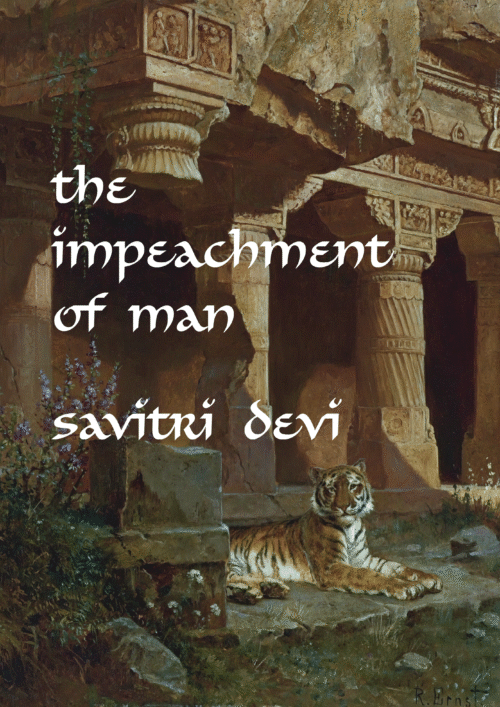 The Impeachment of Man
The Impeachment of Man
 National Unity
National Unity
 Blood and Honor II
Blood and Honor II
 The Phenomenology of the Absolute Individual
The Phenomenology of the Absolute Individual
 Knight, Death and Devil
Knight, Death and Devil
 The Metaphysics of Hierarchy
The Metaphysics of Hierarchy
 Command and Obedience
Command and Obedience
 Political Romanticism
Political Romanticism
 The Theology of Arithmetic
The Theology of Arithmetic
 The Philosophy of Art
The Philosophy of Art
 Why We Fight
Why We Fight
 The Nature of Man
The Nature of Man
 Man and his Becoming According to the Vedanta
Man and his Becoming According to the Vedanta
 The Multiple States of Being
The Multiple States of Being
 The Great Triad
The Great Triad
 The Philosophy of Fascism
The Philosophy of Fascism
 Addresses to the German Nation
Addresses to the German Nation
 The Pythagorean Library
The Pythagorean Library
 Principles of the Infinitesimal Calculus
Principles of the Infinitesimal Calculus
 Memories and Reflections of an Aryan Woman
Memories and Reflections of an Aryan Woman
 Warrior Poet
Warrior Poet
 Reflections
Reflections
 The Philosophy of Alfred Rosenberg
The Philosophy of Alfred Rosenberg
 Maxims and Reflections
Maxims and Reflections
 Metapolitics
Metapolitics
 Blood and Honor
Blood and Honor
 Foundations of Blood and Soil
Foundations of Blood and Soil
 Outline of the Fascist Racial Doctrine
Outline of the Fascist Racial Doctrine
 The Reign of Quantity and the Signs of the Times
The Reign of Quantity and the Signs of the Times
 Spiritual Virility
Spiritual Virility
 The Doctrine of Awakening
The Doctrine of Awakening
 The Crisis of the Modern World
The Crisis of the Modern World
 Introduction to the Study of the Hindu Doctrines
Introduction to the Study of the Hindu Doctrines
 The Veil of Isis
The Veil of Isis
 Meditations
Meditations